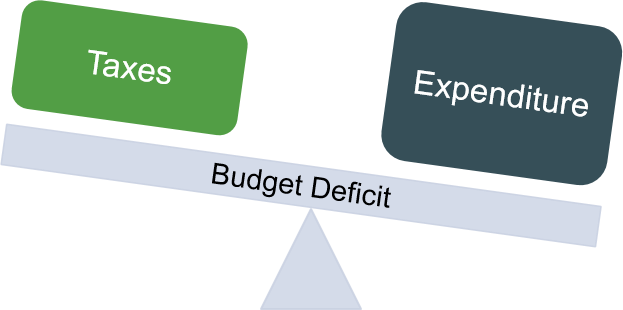Finance Minister of Balochistan, Sardar Abdur-Rehman Khaitran on Wednesday said the far-reaching policies of the provincial government helped reduce the budget deficit of the fiscal year 2022-23.
“FY budget 2021-22 was approved with Rs87 billion deficit while current year the deficit was Rs72 billion, 15 billion less than the previous year,” he said during the post budget briefing held here at Boys Scouts.
Finance Secretary Balochistan Hafiz Abdul Basit, Secretary Planning and Development Abdullah Noorzai accompanied the minister. Highlighting the salient features of the FY2022-23 budget, the finance minister said that first time in the history, distribution of resources were made on merit and without any discrimination.
“Members from treasury and opposition benches were equally awarded uplift projects for the betterment of their respective constituency’s people,” he said. We have discouraged the trend of awarding contracts to non- elected, dearer and nearer ones and blued eyed persons as used to be done in the previous governments. Giving details about the provincial government’s sources of revenue, the minister said that “major sources of revenue of Balochistan are from the federal government in the form of divisible pool and taxes and others. “The Balochistan government expects to receive Rs355 billion from the divisible pool which is an increase of Rs60 billion or 20 percent as compared to last year (2021-22: 296 billion),”
However, the government will face a reduction of Rs10 billion in revenue on account of exhaustion of the arrears on Gas Development Surcharge (GDS) being paid since the year 2010-11 in 12 equal annual installments and completing on year ending June 30, 2022.
On the receipts side, he noted that estimates of receipts document gives us a broad picture of details of revenues of the government of Balochistan from all sources including tax both direct and indirect, non tax, miscellaneous, grants, dividends and capital receipts. “We are committed to increase our own sources of revenue both tax and non-tax, whereas it is highly hoped that during the ongoing 10th NFC award, the share of the province is expected to be upwardly revised on account of increase in population and high development gap and poverty backwardness.”
He also hoped that the CPEC projects and development of mining sectors would increase tax and non tax revenue of the province in future by multiplying factor, Minister recalled that billions of rupees have been allocated for plenty of mega projects to be initiated in Balochistan.
These included Nag to Washuk road project, construction of small and medium dams, water solar schemes, highway security projects, provision of laptops and internship to students and dams and roads for south Balochistan.
To a question he said that the government accords priority to the education, employment and health sectors as 1.8 million families will be provided health cards facility.
A total of 8000 people mainly from Chaghi and Taftan areas of Balochistan will be given employment opportunities as agreed upon by the mining company in the Reko Diq project.
“The government took sincere and serious steps for resolving the Reko Diq investment dispute and tried to bring the maximum possible benefit for the province along with foreign direct investments which in addition to bringing vast economic resources will bring employment opportunities,” he maintained.
About non-development expenditure, the minister said that historically, a major chunk of our revenue was consumed over the non-development expenditures. “Our government has squeezed its non-development expenditures which are proposed to be increased by only 6 percent as compared to last year despite the fact that there is high inflationary pressure, however allocation for every essential services like education, health and other social sectors have been provided with sufficient budgetary allocations.”
The current budget has been formulated on sound principles of equitable distribution of resources among its people and employing various tools of fiscal measures.




